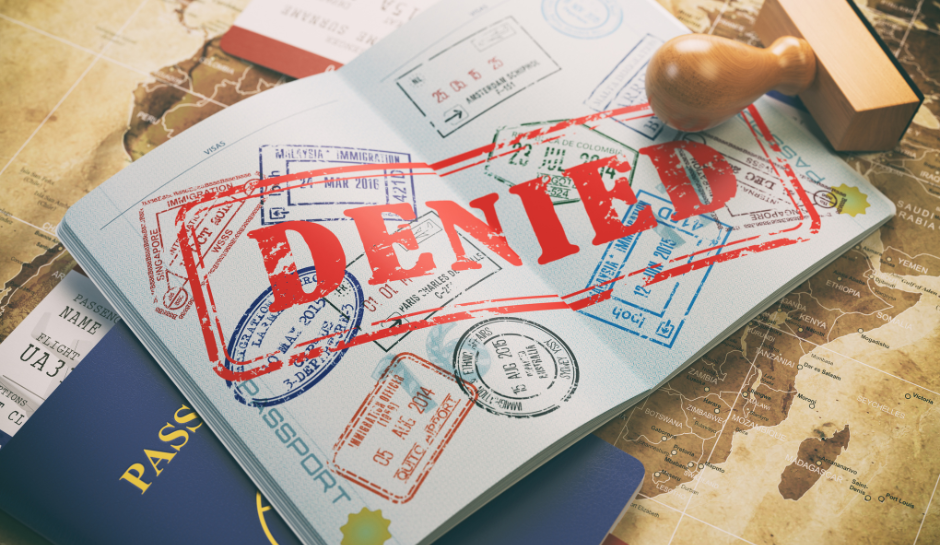One of the major challenges faced by these non-EU citizens and residents in the Schengen area, revolves around the obligation to make a declaration of entry before the Spanish National Police within the first 72 hours of their arrival in the country. This may seem like a simple administrative procedure, but the implications of failing to meet this requirement can be challenging in the future.
The issue arises when people, who may initially have entered as tourists or with some other type of visa, decide to establish themselves more permanently in Spain. They may be following a job offer, seeking to study at a Spanish university, or even building a life with their loved ones. However, when the time comes to apply for a residence permit or carry out any other legal process, the absence of this entry declaration becomes an overwhelming obstacle.

The entry declaration is crucial in proving the legality of a foreigner’s stay in Spain. Without it, processes such as residence permit applications, visa renewals, or other permits become complicated and arduous. The absence of this document can lead to questions about when and how the individual actually entered the country, potentially resulting in application rejections and possible legal issues.
Furthermore, some foreigners may find themselves in the situation of not having an entry stamp in their passports to support their date of arrival in Spain. This may be due to a lack of awareness regarding the importance of this stamp or the practice of some Schengen countries not stamping the passports of all visitors. In such cases, the burden falls entirely on the non-EU resident to prove when and how they entered the country.
To address this issue, it is essential for Spanish authorities to consider the possibility of flexibilising the entry declaration requirements for non-EU foreigners seeking to regularise their status in the country. This could include implementing retrospective declaration procedures or introducing alternatives that allow residents to reliably demonstrate their date of arrival, even if they do not have an entry stamp in their passport.

Additionally, it is crucial for institutions to provide clear and accessible information about the necessary procedures for foreigners looking to settle in Spain. Public awareness about the importance of the entry declaration and passport entry stamp should be actively promoted.
Also, and of course, it is crucial to deal with a good firm of lawyers who can advise you in the best way and let you know about the necessary arrangements to be made.







